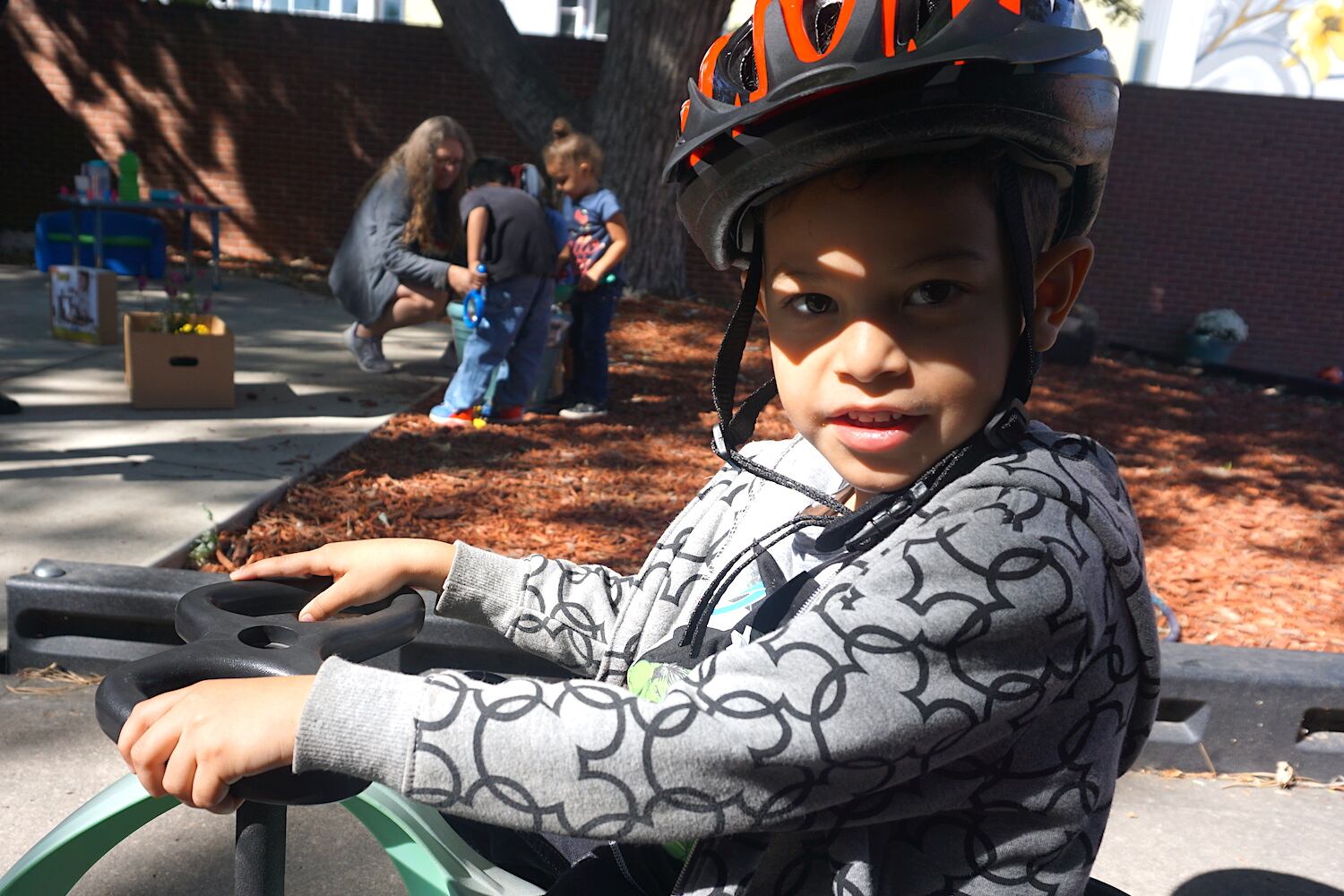Voters in the City of Pueblo soundly rejected a lodging tax increase for child care, while those in the town of Ridgway easily passed a similar tax for affordable housing and child care.
The win in Ridgway, a popular outdoor recreation destination at the base of the San Juan Mountains in southwestern Colorado, points to the continued success of lodging tax measures for workforce housing and child care in tourist destinations. Meanwhile the loss in Pueblo, a former industrial city in southern Colorado, raises questions about the appetite for such taxes in communities where tourism isn’t the main draw.
Ridgway joins around 10 other other Colorado communities, including Estes Park and Eagle and Chaffee counties, that use taxes on hotel stays in part to support child care. The idea is that local workers power the tourism industry, so visitors should contribute to efforts that support a stable workforce.
Local leaders in Ridgway hope to use some of the new lodging tax proceeds to operate a child care center within a planned affordable housing project with up to 17 rental units. Construction is set to begin next year.
“Child care is pretty critical, particularly to the folks who are living in affordable housing, so they can afford to work,” said Kelly Goodin, director of community outreach at the affordable housing nonprofit Home Trust of Ouray County.
Tuesday’s ballot measure will increase lodging taxes in Ridgway by 2.5%, raising an estimated $100,000 in 2024. The proceeds will go toward tourism, housing, and child care efforts.
Goodin said the lodging tax revenue will help cover operating costs for the planned child care center, but that other funding sources will be needed as well. The new center will serve infants and toddlers — the most expensive age group to serve because state rules require lower staff-child ratios.
Colorado counties and local marketing districts, which are created by communities or regions to promote tourism, have been allowed to use lodging taxes to support child care or housing only since a change to state law in 2022. Before that, lodging taxes in these jurisdictions had to be used for tourism efforts. Some Colorado cities and towns have long had the authority to levy a lodging tax to support child care, but few have done so.
If Pueblo’s ballot measure had passed, it would have increased the lodging tax rate by 1.5%, generating more than $600,000 annually. The proceeds would have provided financial aid to Pueblo families who earn too much to qualify for state child care subsidies but still struggle with the cost of care.
Ann Schimke is a senior reporter at Chalkbeat, covering early childhood issues and early literacy. Contact Ann at aschimke@chalkbeat.org.





